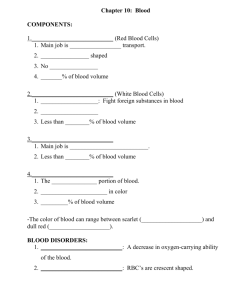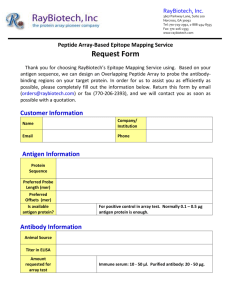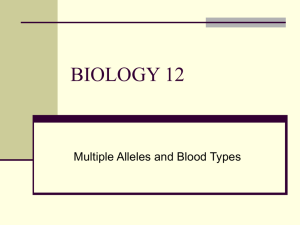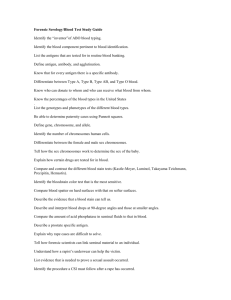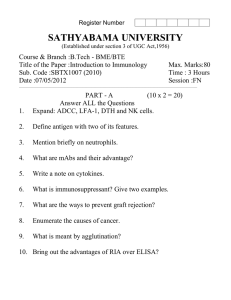Medical Immunology Techniques: Antigens, Antibodies, Cytokines
advertisement
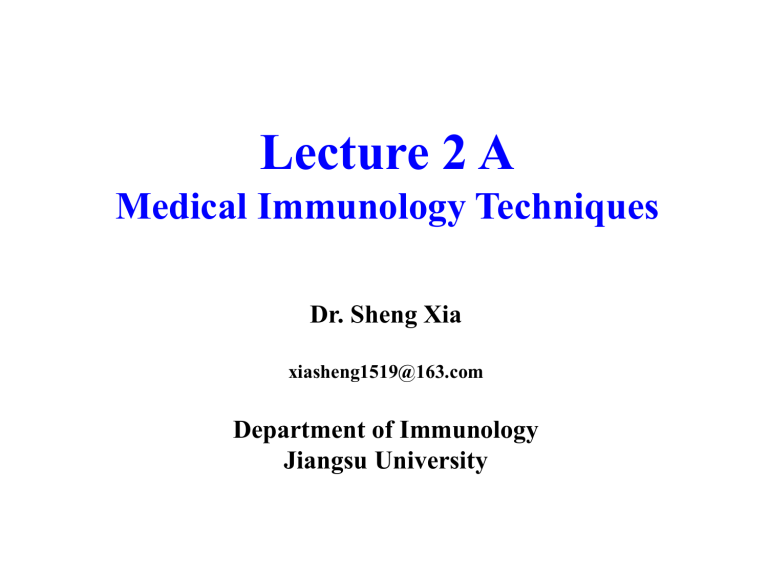
Lecture 2 A Medical Immunology Techniques Dr. Sheng Xia xiasheng1519@163.com Department of Immunology Jiangsu University Antigen, antibody and Cytokine in Diseases Antigen • Antigen: a substance that stimulates antibody formation and has the ability to bind to an antibody. • Antigen contain structures recognized as foreign by the immune system, which are called antigenic determinant, or epitope. • Epitope can be re-act specifically with an antibody or T lymphocyte receptor (TCR). ** Tolerogen Allergen Antigen Important antigen in clinic Pathogens and their products • Structure of pathogens: surface antigen; somatic antigen; Flagellar antigen; pillus antigen Important antigen in clinic Pathogens and their products • Structure of pathogens: surface antigen; somatic antigen; Flagellar antigen; pillus antigen Important antigen in clinic Pathogens and their products • Structure of pathogens: surface antigen; somatic antigen; Flagellar antigen; pillus antigen Products of pathogen: Toxin • Serum • Exotoxin In vivo Anti-toxin Immunization Fixation in formalin Toxoid(loss of toxicity, keep antigenicity ) Important antigen in clinic How to detect antigens of pathogen in patients with immunological methods? EXPAMLE: HBV infection Immunoglobulin and Antibody Immunoglobulin (Ig): It refers to all globulins that possess the bioactivity of Ab or a similar structure to Ab Antibody (Ab): a type of glycoprotein molecule, produced by B cells that bind antigens often with a high degree of specificity 。 Therefore, all Abs belong to Igs, but not all Igs possess the functions of Abs. Structure of Immunoglobulin Four polypeptide chains 2 identical heavy chains 2 identical light chains The 4 polypeptide chains are joined by S-S bonds. intra-chain disulfide bonds (S-S) Two terminal ends “N” terminal end “C” terminal end Two regions variable regions constant region N-terminal end
